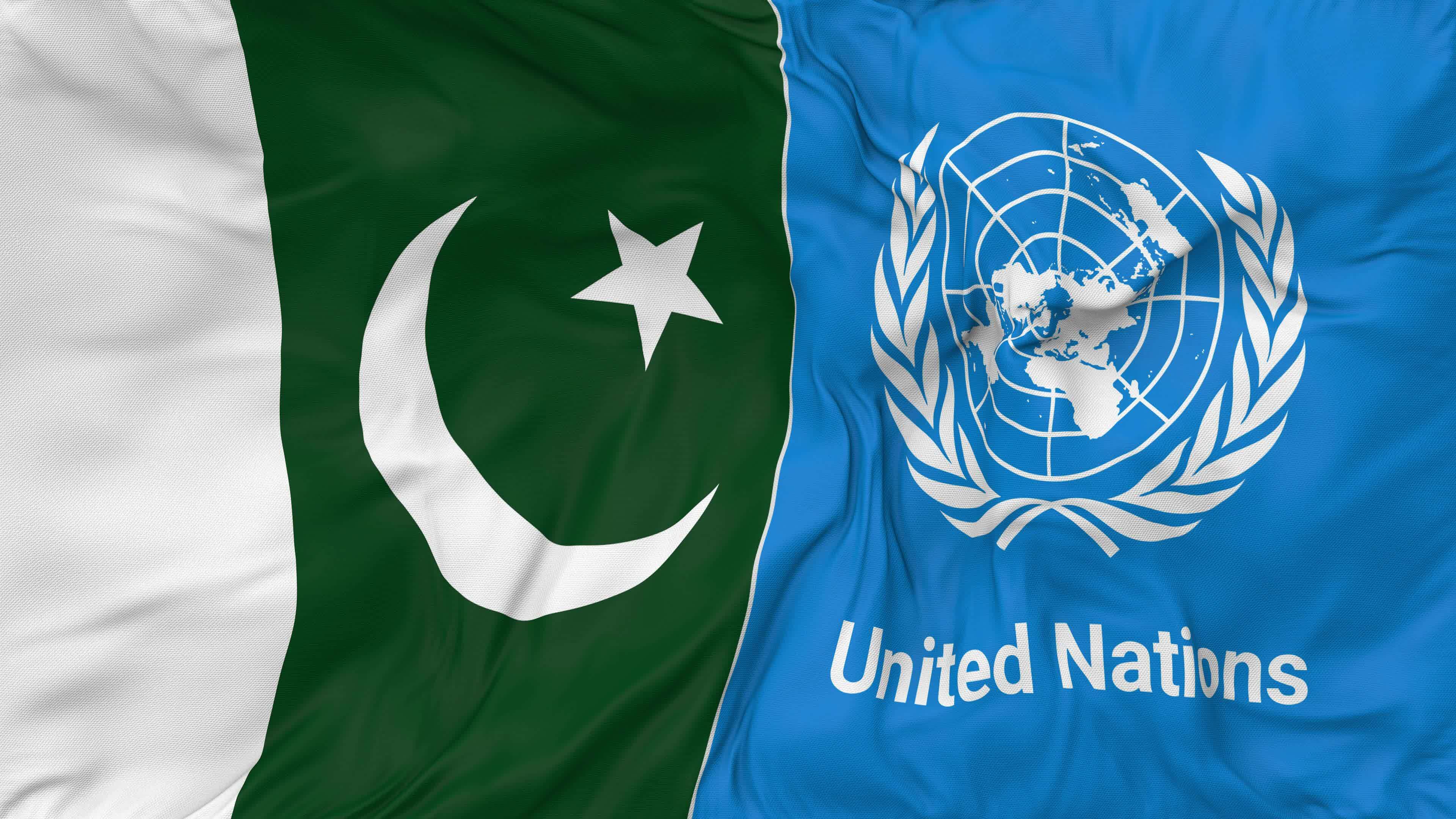In its never-ending obsession with bashing Prime Minister Narendra Modi’s government, the Indian National Congress has once again pounced on a non-issue and tried spinning it into a “diplomatic disaster.” The occasion? Pakistan is assuming the rotating presidency of the United Nations Security Council (UNSC) for a month. According to Congress, this signals a major setback for Indian diplomacy. Seriously? Let’s begin with facts—something the present crop of Congress leaders seems increasingly allergic to. The UNSC presidency is a procedural, rotational position handed out to each of the Council’s 15 members (including non-permanent ones) once during their two-year term. It carries no veto power, no enforcement authority, and no capacity to unilaterally push national interests. The role essentially involves setting the monthly agenda and chairing meetings. That’s it. So, what exactly is Congress so outraged about? Will Pakistan now sit in a powerless chair for 31 days? Or is this just another performative outrage aimed at maligning the Modi government without the burden of facts or logic? Ironically, this is the same party whose past Prime Ministers allowed Pakistan to internationalise Kashmir, legitimised Chinese aggression with silence, and oversaw a foreign policy based more on sermonising than sovereignty. From the naïveté of Nehru’s Panchsheel to Manmohan Singh’s strategic paralysis, the Congress has no moral high ground to accuse anyone of “diplomatic failures.” If anything, India’s global standing under Modi—marked by assertiveness, clarity, and resilience—has never been stronger. And yet, Congress would have us believe that Pakistan, whose global reputation lies in tatters due to its deepening economic crisis, political chaos, and sustained support for terrorism, has somehow scored a diplomatic win over India.

Let’s examine this supposed “victory.” Pakistan has used its ceremonial role to once again parrot-tired lines on Kashmir and the Indus Waters Treaty (IWT). Neither will gain traction. Why? Because the world isn’t buying Islamabad’s lies anymore. Kashmir, once a favourite playground of Pakistani propaganda at the UN, has lost international currency. India’s abrogation of Article 370 was met largely with silence, and any attempt by Pakistan to raise the issue now is blocked—explicitly or tacitly—by the US, France, the UK, and increasingly even China. India has made its position clear: the only issue up for discussion with Pakistan is cross-border terrorism and Pakistan-Occupied Kashmir (PoK). Period. That clarity, backed by military resolve and international support, has shut down Pakistan’s diplomatic freeloading on Kashmir. Even on the Indus Waters Treaty, Pakistan’s chest-thumping over the so-called “supplemental ruling” of the Permanent Court of Arbitration (PCA) is laughable. India has never recognised the PCA’s jurisdiction in this matter. The decision carries no binding power over New Delhi, which continues to maintain that disputes under the treaty should be resolved either bilaterally or via neutral experts, not international courts Pakistan unilaterally drags India to. Hence, the Modi government suspended parts of the IWT after the April 22 Pahalgam terror attack—a justified and calibrated response to the continued use of terror as state policy by Pakistan. No amount of grandstanding from a powerless UN committee can reverse that. If anything, Pakistan’s temporary presidency might even backfire. With the world watching more closely, any attempt to misuse the platform to peddle anti-India propaganda will further expose Pakistan’s duplicity. That is precisely why India has dismissed the development as a “routine procedural formality”—because that’s all it is. It’s also worth noting the broader context. Pakistan’s influence, even in the Muslim world, is fading fast. The UAE, Saudi Arabia, and even Taliban-led Afghanistan have shown greater warmth towards India in recent years. Turkey and China may continue to offer token support, but they lack the clout to reshape UN dynamics in Pakistan’s favour. Pakistan, in short, is running out of allies—and out of time. So, the question remains: Why is Congress so upset? The answer may lie in its compulsive desire to paint every global event, no matter how trivial or routine, as a failure of Indian diplomacy. Perhaps it’s time someone in the party read the UN Charter—or at least a basic primer on how the Security Council works. Pakistan’s presidency is symbolic and short-lived. The real diplomatic defeat here is Congress’s inability to distinguish between substance and shadow. In trying to manufacture a crisis, they’ve only exposed themselves as unserious, uninformed, and disturbingly indifferent to India’s real strategic interests. India doesn’t need lectures on foreign policy from the architects of Sharm-el-Sheikh and Havana. What it needs is an opposition that can rise above petty politics and speak with maturity on matters of global consequence. Until then, the Congress can keep crying wolf—while the world, and India, move on.





